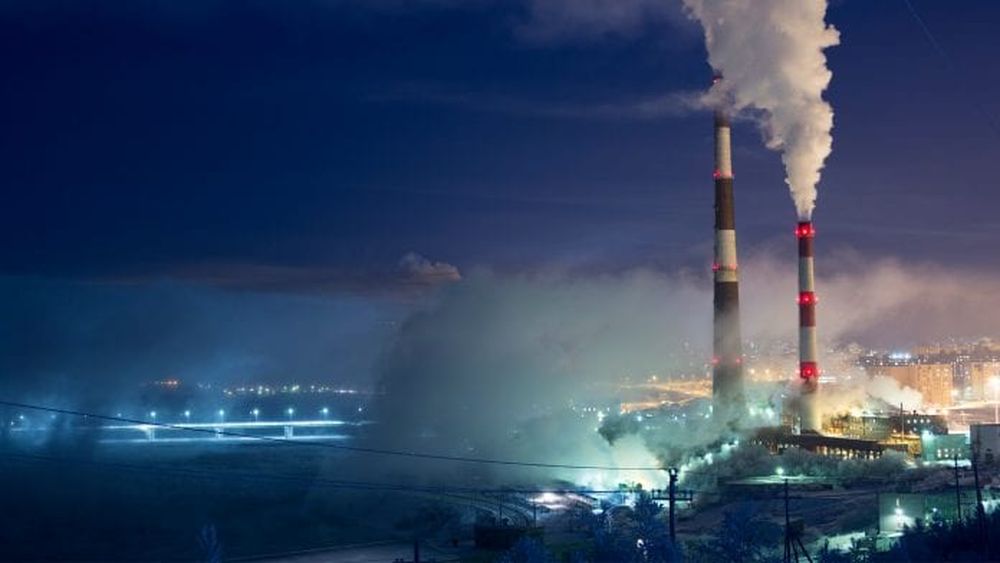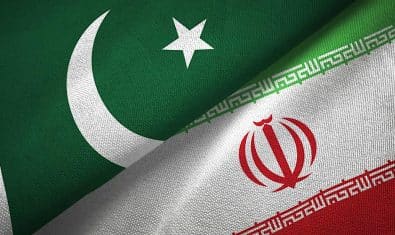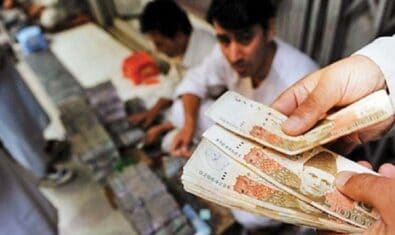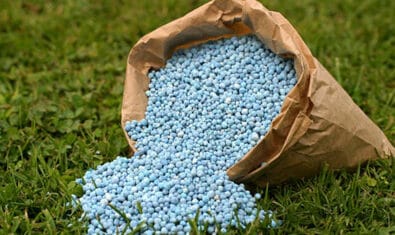In order to reduce the climate change impacts by converting Karachi’s municipal solid waste into an indigenous and renewable resource of energy, K-Electric and Engro Energy have signed a Memorandum of Understanding (MoU) to develop a 50MW Solid Waste to Energy Plant at an estimated cost of US$ 175 million.
The MoU was signed by Moonis Alvi, CEO KE and Ahsan Zafar Syed, CEO Engro Energy at KE’s head office.
Through the project, Karachi’s municipal solid waste will be reduced by 3,000 tons per day to generate electricity, which will play a key role in addressing the municipality’s waste issue and simultaneously contribute in meeting the city’s growing power needs.
Moonis Alvi, CEO KE said,
KE is committed to providing clean, reliable and affordable energy for the sustainable development of the city. Signing of this MoU today is yet another testament of our efforts towards a cleaner and greener Karachi. We are hopeful to complete this project as soon as possible with the right facilitation from all concerned quarters and regulatory approvals.
As per reports, Karachi produces around 12,000 to 15,000 tons of solid waste daily and therefore has the potential to generate more than 200MW of electricity. Successful commissioning of this project will encourage the development of more such projects in the future to address the pressing waste disposal issues while also resolving the problems of limited landfill spaces and gas emissions.
Ahsan Zafar Syed, CEO of Engro Energy also said,
Engro is always at the forefront of solving the pressing issues of our time and one such challenge that our country faces is waste management in our cities. This collaboration with Karachi Electric signals our resolve to find a solution around the waste management issues in one of Pakistan’s major cities. Karachi is home to a populace of over 20 million people and the waste-to-energy plant will not only add clean energy to K-Electric’s energy mix but will also provide a sustainable way to manage solid waste which is important for the environment whilst improving livability index of Karachi.
Going forward, the project site will be identified through surveys keeping in view the availability of solid waste as well as suitability for evacuating power from the plant. Simultaneously, studies will also be undertaken to develop a solid waste supply chain with concerned authorities to propose a suitable mechanism for its collection, sorting and transportation to the project site. Construction of the plant will commence after land acquisition, tariff determination and other required approvals.
KE is actively working to diversify its fuel mix towards clean energy and in this regard, two 25-year EPAs with IPPs have already been signed to add 100 MW of renewable energy to KE’s system, out of which offtake of 50MW solar power has already commenced.
Additionally, KE is also evaluating another 300 MWs of renewable projects to further increase the share of renewable energy based on solar, wind and biogas, in its system.
The power utility has planted more than 150,000 trees under its #PlantForPakistan campaign in collaboration with different schools, universities and organizations.



























Good Decision Appreciated
Finally, they start looking at the solution which will not only provide electricity but also reduce the garbage in Karachi.
Much needed it should be implemented asap
Having worked on scores of incineration projects in North and South America, and in Europe, I’m firmly committed to the proposition that high-temperature incineration is the best way to handle many types of waste, especially hazardous waste, which breaks down into harmless compounds if it is afforded sufficient residence time within a high temperature combustion chamber.
Waste-to-energy incineration of non-hazardous waste is challenging because these types of facilities are neither designed nor operated at the performance levels needed to handle the potentially hazardous constituents found in municipal waste. Nor are they equipped with the same air-pollution-control (APC) devices as hazmat incinerators, which even at their best are only able to remove a portion of some chemicals such as arsenic, which commonly has only a 50% destruction-and-removal efficiency in APC trains.
Municipal incinerators are notoriously hard to monitor and regulate. It’s easy to run them at lower temperatures than promised, which translates into more money for the operators and more pollution coming out of the stacks.
This particular facility will need to be supported by extensive strong-arm tactics to force waste haulers to use it, because it will be so expensive to use in comparison to more environmentally sound alternatives.
The only people who make money with trash incinerators are the people who build them, and who then shift the risk for attracting revenue streams (and financial solvency) onto local governments, who are obliged to make up for revenue shortfalls.
Promoting trash incineration “in order to reduce the climate change impacts,” as the promoters have done in their press release, defies science and calls into question the promoters’ credibility. If we allow such obvious falsehoods about climate change, then we are on track to be misled about the economic and environmental aspects of this project as well.
Karachi needs a modern, well regulated, high-temperature incinerator to handle certain types of waste. The current proposal falls far short of meeting that need.
Garbage and clean water are two biggest problems of Karachi.
Pray for Shaitan to help us.